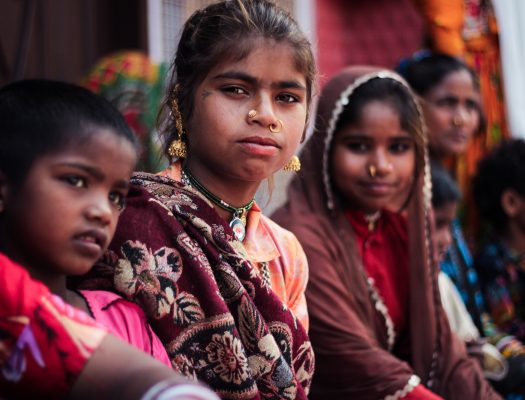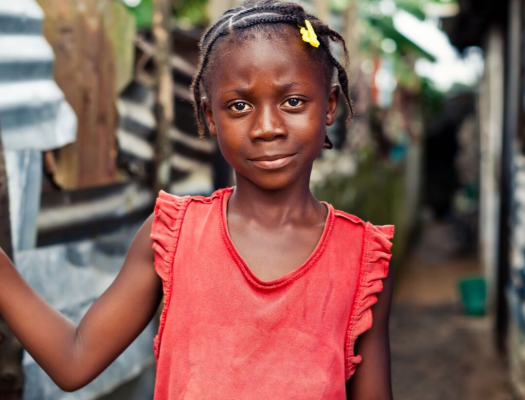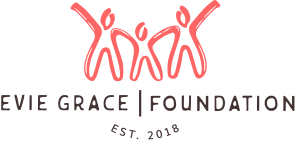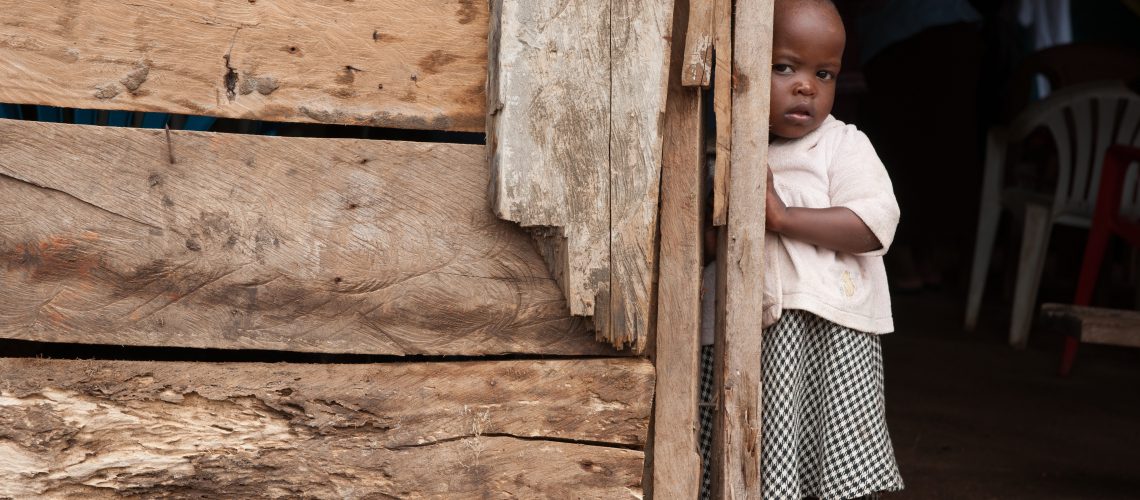Thoughts of child marriage rarely come up in normal, everyday conversation especially in our first world country, but let us assure you sex slavery, child trafficking and early marriage are a huge problem for our girls in Kenya.
It’s not just a matter of child marriage statistics, but the cause and effect that early marriage has on young girls and the society as a whole.
Child Marriage Statistics, The Cause and Effect of Early Marriage
Statistics show that 23% percent of Kenyan girls are married before they turn eighteen and according to the United Nations Children’s Fund (UNICEF), Kenya ranks 20th in the highest number of child marriages.
According to UNICEF, Kenya has the 20th highest absolute number of child brides in the world – 527,000.
4% of young Kenyan girls are married before they even reach the age of fifteen.
Think back to when you were fifteen, were you ready to take on ALL the responsibilities of marriage?
Child marriage robs a young girl of gaining an education.
Having a child enrolled in education is compulsory for most first world children but what about the young girls of Kenya who are sold off into child marriage and have to perform the duties of a wife without access to education and learning and development? And what about pregnancy?
Furthermore, when a young girl is married off to an older man, they lose their capacity to play and learn and enjoy friendships with peers.
Child marriage takes away these girl’s freedom to choose, and enslaves them into sexual activity before they are ready, it’s not just a humanitarian issue but also a human rights issue.
The thought of a young girl getting pregnant before her eighteenth birthday or even her fifteenth birthday and having to raise a child, is a mighty task to ask of someone who is not full cognitively and emotionally developed themselves.
We know after reading these stats you are thinking, that we should be thankful that the young girls we know have very little risk of being sold into sex slavery, or having their lives ripped from them by being married to someone at the age of 15.
And should we be thankful? Yes.
But are we helpless to help the girls of Kenya who have to live this reality everyday? The simple answer is NO.


There is a way to stop child marriage and child trafficking!
The number one driving factor contributing to child marriage in Kenya is poverty.
In a country with a population of around forty-four million, 42% live below the poverty line according to UNICEF.
Families are facing the crisis of having enough food to feed their family member just to stay alive, but it isn’t enough to sustain a healthy strong physical and mental well being.
The poverty is so bad in Kenya that many street children are not only starving but also suffering brutality and rape when they finally do find a dry place to lay down and sleep at night.
This cycle of poverty means that these children rarely get to attend school to gain an education which to us here is a first world country is a basic right. Not to mention other essentials such as food, clean water and hygienic products.
So… what does this have to do with child marriage?
Here is the reality:
Young, virgin Kenyan girls of a poverty-stricken families, are perceived as assets, in other words property to be sold. That can mean that a family sells their young daughter off into child marriage to an older man, so the family can obtain goats, cattle, camels or donkeys.
A few mere cows or goats can help sustain the family but what about the young girl?
The second biggest cause of child marriage is that child marriage in Kenya continues in the level of education that these children are receiving.
Reports suggest that parents withdraw their daughters from school once they begin menstruation and sell them into child marriage.
There are multiple reasons for this but the main one is to prevent sexual activity with boys of their age, because only virgins are worth selling.
Another reason is to prevent the potential pregnancy of a young daughter. This is not a risk that is mitigated because by enslaving their daughter into child marriage, forces them into sexual activity with their husband.
In Kenya, a child is more respected when their mother is married therefore even if their mother is a subject of child marriage. So although pregnancy is not ideal, it is viewed as more ‘moral’ than the mother being older and out of wedlock.
Even if a girl does not have a family, that does not save her from a child marriage. Many times to escape the woes of an orphanage, street life ore abuse from carers she will voluntarily seek solace in an older husband.
Although Kenya, in 2017, joined the African Union Campaign to end child marriage in Africa, many young Kenyan girls are still being sold by poverty-stricken families into child marriage, even after Kenya passed a law stating that the minimum age for marriage is 18.
That is why the work undertaken by the Evie Grace Foundation to help rescue these young girls from child trafficking, sex slavery and child marriage makes such a dramatic impact upon the lives of young Kenyan girls.
We are supporting them with basic necessities and the fees for attending school to gain an education is highly-important and you can help!
You can help by donating to the Evie Grace Foundation and with your support you can make sure that another young Kenyan girl will be saved from child marriage just as you would wish for your young daughter, niece of granddaughter.
Are you interested in reading more about this topic? Here are some more journal articles on child marriage:
- New Findings on Child Marriage in Sub-Saharan Africa
- Interventions to Prevent Child Marriage Among Young People in Low- and Middle-Income Countries: A Systematic Review of the Published and Gray Literature.
- Child Marriages, Child Protection and Sustainable Development in Kenya: Is Legislation Sufficient?
Written by: Andrea Manno


